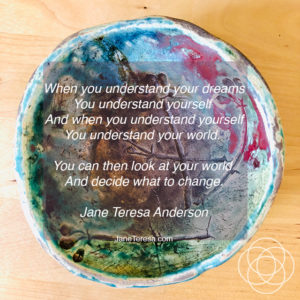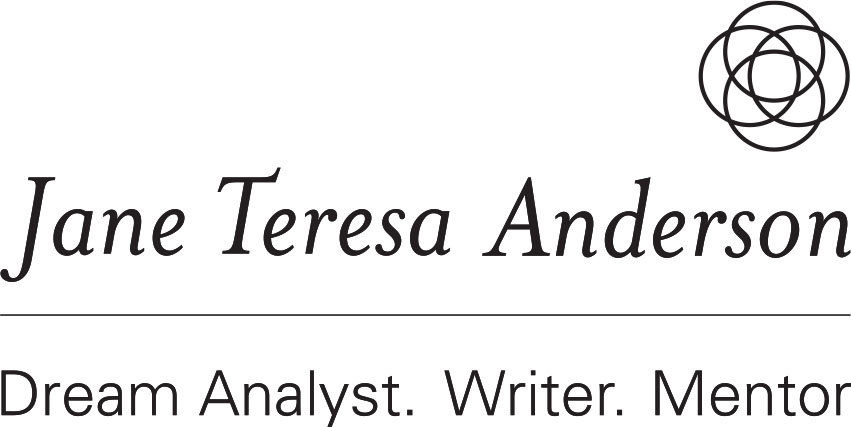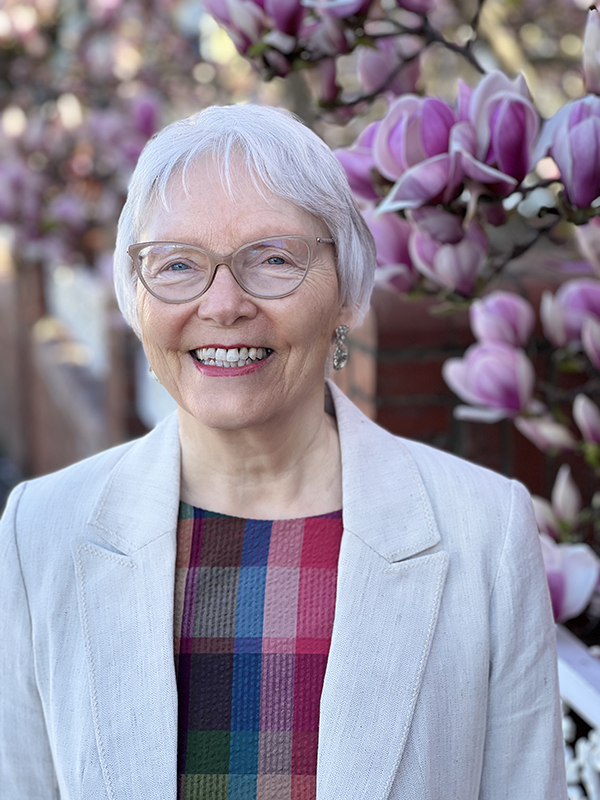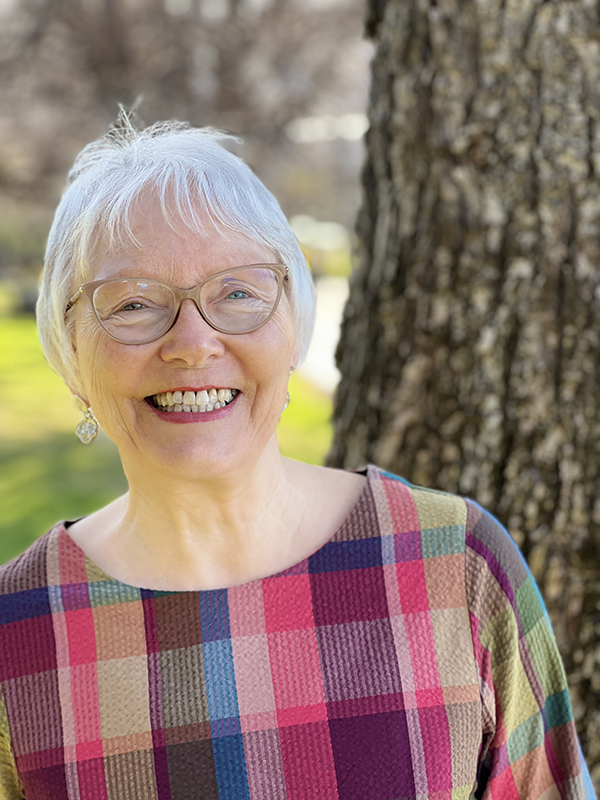What is a dream, and how do dreams relate to waking life? How can our dreams give us intelligent, meaningful insight into our lives, and help us to grow and be the best we can be?
My approach to dream analysis, dream therapy, and dream alchemy is based on my independent research and on deep work with clients since 1992. You can sample my methods by listening to The Dream Show with Jane Teresa Anderson (many episodes feature a guest asking about a dream), or reading my blog and books. You can also learn my techniques over at my online learning site, The Dream Academy. My bio fills in the details about my professional and academic background.
Here’s my summary about dreams, the nature of dreaming, and my approach as a dream analyst and therapist.
About Dreams and Dreaming: A Summary
Profile photo credit: Michael Collins
When you sleep, your brain and mind process your waking life experiences of the last 24-48 hours. One function is to store some of your experiences into memory. Another is to build your unique belief system (mindset), based on your experiences, to help you negotiate life.
To do this, your brain compares your recent experience with all your past similar experiences. Sometimes your recent experience agrees with a past experience and your brain logs a confirmation, a strengthening of your beliefs about this issue. Sometimes your recent experience is so different from your past experiences that decisions need to be made: the recent experience may be discarded (we tend to hold on to our oldest beliefs), or the older experiences may be discarded in favour of the new truth that you have perceived. Alternatively the old and the new may co-exist in conflict for a while, or they may interact creatively, producing a new insight born during sleep.
You experience all of this processing as dreams. Imagine this processing and filing as being like updating a computer hard drive, or sorting out an old-fashioned office filing system. You witness files from your past being opened and flicked through while your brain and mind are comparing notes, looking for older memories, beliefs, buried feelings, word associations, emotional associations, dates, anything and everything. You see bits of the last 24 – 48 hours (someone you met, a project that is on your mind, a character from a TV show) mixed up with bits from your past and all sorts of bizarre odds and ends that you don’t instantly understand (associations you have consciously forgotten which your unconscious mind has retained). This is why so many dreams have references to the past as well as to the present.
Dreams feel so real because this processing activates the same areas of your brain and mind that are activated when you are awake. For example, the visual areas of your brain are active when you are seeing something in a dream in the same way as they are when you are seeing something when you are awake.
Your brain and mind are not totally focussed on the past and memories though. The point of all this processing is to help you to survive and thrive, to build your own belief system to negotiate your way through life and remain safe. The processing is about finding ways to deal with challenges and changes in your life, solving problems, coming up with creative solutions, learning from your experiences and projecting ahead to work out ways of approaching the future.
When you look into a dream, you witness all this processing, comparing, sorting, discarding and creating. You are witness to how your mind works.
You witness the building and demolition of your belief system. The problem for many people is that the heavy focus on training the mechanist left-brain (much of our schooling) makes it difficult to engage the more visionary holistic right-brain approach needed to make sense of our dream experiences. With training it becomes easier to look for associations, word plays, the feelings behind personal symbols and all the other keys that reveal the Big Picture beliefs painted by our dreams.
The question is this: if your brain and mind are performing these necessary good works in the name of your survival, health and wisdom, what is the point of analysing your dreams? Should you just let it all happen and wake up each morning content in the knowledge that your hard drive is sorted, your brain is clean and tidy, and you know how to avoid being eaten by a tiger?
What? And miss a brilliant opportunity to change the way your mind works?
Why do we all have differing views of the world, different belief systems? Many of our fundamental beliefs are established early in life or as a result of later traumatic experiences. Our minds usually favour the old beliefs. We built those old beliefs to keep us safe, beliefs such as “Do what Daddy says,” (so you’ll be fed) or “Don’t get your hopes up,” (so you won’t feel disappointment) or “Agree with your friends,” (so they’ll include you) and so on. As adults many of these beliefs are not good for us, but our unconscious mind tends to hang on to them in a false bid for safety. Unfortunately we are driven by our unconscious beliefs, including those that were established to keep us safe from anticipated repeat of past trauma. Knowledge of these unconscious beliefs – and especially those that are in conflict with each other – puts you in a powerful position because they CAN be changed.

My approach to working with dreams is to follow dream analysis with exercises I call Dream Alchemy Practices.
These exercises cover a wide spectrum including visualisation, affirmations (but very far from conventional affirmations), dialogues, writing, artwork, body work and more. What all these exercises have in common is working with personal dream symbols. This is why:
You experience your dreams as symbols, puns, feelings, allegories and other right-brain perceived modes. This is the language through which you view your otherwise unconscious belief systems. Dream Alchemy Practices enable you to engage with your unconscious mind using the same language and, in this way, to change old, inappropriate beliefs into new, supportive ones by reprogramming (rewiring) your neural pathways.
My approach to analysing dreams and to working with them to effect personal change has been evolving since 1991. Originally based on wide reading, I moved on to research dreams with the help of several hundred people via surveys and dream experiments and then progressed to work individually with thousands of clients over the years, always learning, testing, learning and refining. I have constantly worked with my own dreams and pioneered much of the Dream Alchemy Practice work on myself before moving it into the public arena (and private clients).
My scientific mind is, no doubt, evident in my approach to dreams, but the process of working with dreams is more an experience of heart.
After all, a dream is an intensely personal experience because it reflects your deepest feelings, emotions, values, and beliefs about life. It’s like a mirror that helps you to see and understand yourself and your life deeply, right into the depths of your unconscious mind. It helps you – once you know how to analyse or interpret it – to understand why you are the magnificent, unique being that you are. The insight you gain empowers you to make changes that free you to enjoy a more fulfilling, more meaningful life.
Profile photo credit: Michael Collins, 2023
Recurring dreams
If you’re looking for information on recurring dreams and recurring dream themes, I’ve written a detailed article on reoccurring dreams (as they are also known).
Children’s nightmares: How to help your child
Here are some tips on children’s nightmares: what to say to your children when they wake up from a scary nightmare in the middle of the night, or when they’re upset by a dream. This article also gives practical ideas on how to help your child stop having bad dreams, how to change bad dreams into good ones, and how to discover what those nightmares and dreams mean.
Prediction dreams
I am often asked about telepathy and precognition in dreams.
In common with many other people, I notice that many of my dreams overlap with those of my partner. It is normal for us to compare notes and find we have shared similar dream experiences, often quite specifically (for example, same dialogue) during the same sleeping period. The dreaming mind sometimes incorporates material beyond the senses science generally acknowledges.
The same applies to precognitive dreaming (dreaming accurately of the future). I, along with many people, have often experienced precognitive dreams. This is a very frightening concept for many people, and one I prefer not to highlight simply because, until people understand dream analysis, too many fear their dreams are literal. For example, it is extremely common for parents to dream of one of their children dying, usually by drowning. This dream is symbolic. People rarely mention it because they are frightened that mentioning it will make it happen. My estimate is that as many as 1 in 3 parents have had this dream. I look at ALL dreams from a symbolic point of view as this is most meaningful in the quest for self-understanding. However, I researched precognitive dreaming for three years, including subjecting myself to some extremely challenging experiments, and then wrote a book about it. The Shape of Things to Come was published by Random House in 1998 and is now available as a kindle ebook on Amazon.
A spiritual approach
I am frequently asked for my views on spirituality and God.
These subjects are also included in most of my books about dreams. For me, personally, life is a spiritual quest, an ongoing path of self-knowledge, a living with awareness and meaning. For me the guiding light is the ultimate truth and wisdom we all seek as we negotiate the personal illusions we call reality. Dreams help me to see those illusions and, in so doing, guide me closer to the truth.
Thank you for your interest.
Jane Teresa Anderson


